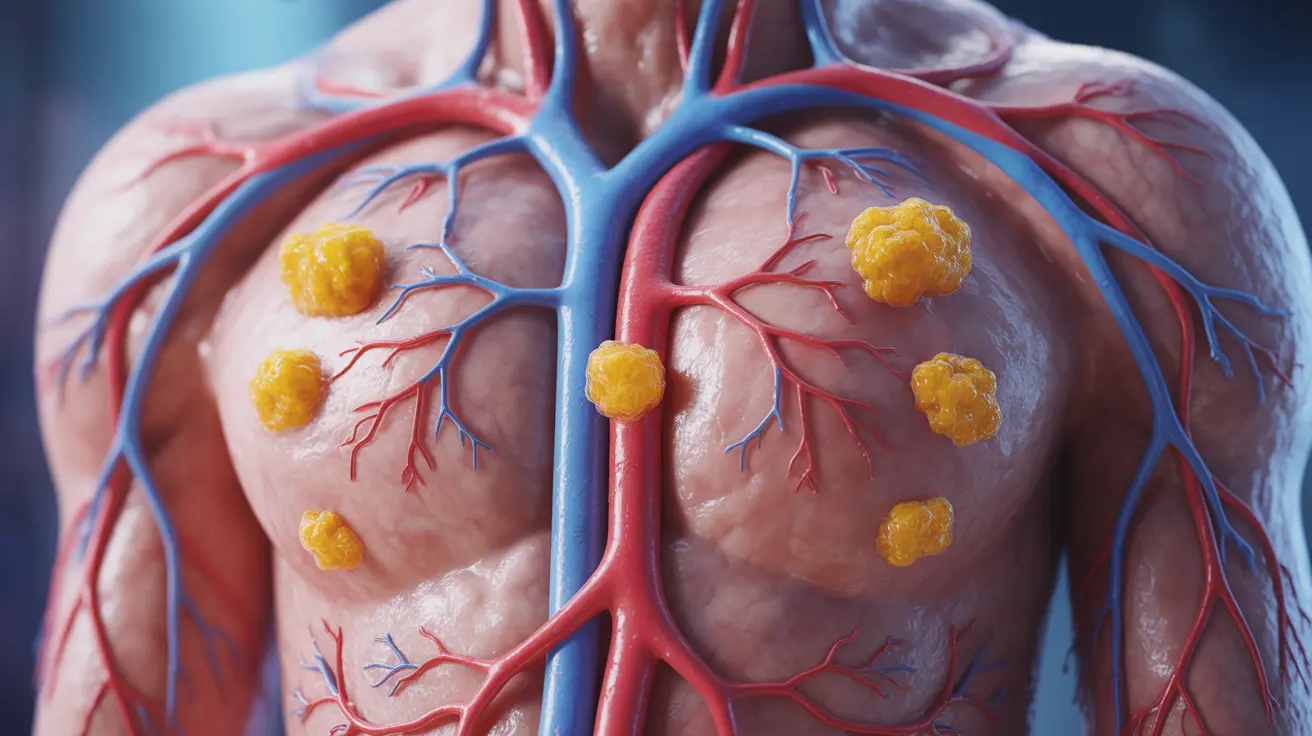Homocysteine levels play a crucial role in your overall health, particularly concerning cardiovascular wellness and cellular function. This amino acid, while necessary for various bodily processes, can become problematic when its levels rise too high in the bloodstream. Understanding what affects these levels and how to manage them effectively is essential for maintaining good health.
In this comprehensive guide, we'll explore what homocysteine is, why maintaining proper levels matters, and practical steps for managing this important health marker. Whether you're concerned about elevated levels or simply want to stay informed about your health, this information will help you make educated decisions about your wellness.
What Is Homocysteine and Why Does It Matter?
Homocysteine is an amino acid produced by your body during protein metabolism. While it's a necessary component of several biological processes, elevated levels can signal underlying health issues and potentially contribute to various medical conditions, particularly those affecting the cardiovascular system.
Normal homocysteine levels typically range between 5 and 15 micromoles per liter (µmol/L). Values above this range may indicate a need for medical attention and lifestyle modifications.
Risk Factors and Causes of High Homocysteine
Dietary Factors
Several dietary factors can influence homocysteine levels:
- Insufficient intake of B vitamins (B6, B12, and folate)
- High-protein diets without adequate vitamin supplementation
- Poor overall nutrition
- Excessive coffee consumption
Medical Conditions
Certain health conditions can affect homocysteine levels:
- Kidney disease
- Hypothyroidism
- Genetic disorders affecting B vitamin metabolism
- Some medications
Health Implications of Elevated Homocysteine
High homocysteine levels have been associated with various health concerns:
- Increased risk of blood clots
- Higher likelihood of cardiovascular disease
- Potential cognitive decline
- Bone health issues
- Pregnancy complications
Natural Ways to Manage Homocysteine Levels
Dietary Modifications
A balanced diet rich in specific nutrients can help maintain healthy homocysteine levels:
- Leafy green vegetables (spinach, kale)
- Legumes and beans
- Fish and lean meats
- Whole grains
- Citrus fruits
Lifestyle Changes
Certain lifestyle modifications can positively impact homocysteine levels:
- Regular exercise
- Limiting alcohol consumption
- Maintaining a healthy weight
- Stress management
- Adequate sleep
The Role of B Vitamins
B vitamins play a crucial role in homocysteine metabolism. The three most important ones are:
- Vitamin B6 (pyridoxine)
- Vitamin B12 (cobalamin)
- Folate (vitamin B9)
These vitamins help convert homocysteine back into methionine or convert it into other beneficial compounds, preventing harmful accumulation in the bloodstream.
Frequently Asked Questions
- What do high homocysteine levels mean for my health, and are they dangerous?
High homocysteine levels can indicate increased risk for cardiovascular problems, blood clots, and other health issues. While elevated levels don't always cause immediate symptoms, they should be addressed through proper medical care and lifestyle changes to prevent potential complications.
- What are the main signs and symptoms of elevated homocysteine, and when should I see a doctor?
High homocysteine often doesn't cause direct symptoms, but you should see a doctor if you have risk factors like family history of heart disease, vitamin B deficiencies, or kidney disease. Regular check-ups can help monitor your levels, especially if you're at risk.
- How can I lower my homocysteine levels naturally, and which foods or supplements are most effective?
Natural ways to lower homocysteine include eating foods rich in B vitamins (leafy greens, legumes, whole grains), maintaining regular exercise, and managing stress. B-complex supplements may be recommended by your healthcare provider if dietary changes aren't sufficient.
- Can vitamin B deficiencies cause high homocysteine, and how is this diagnosed and treated?
Yes, B vitamin deficiencies are a common cause of elevated homocysteine. Diagnosis typically involves blood tests measuring both homocysteine and B vitamin levels. Treatment usually includes dietary changes and supplements as prescribed by your healthcare provider.
- Does lowering homocysteine with vitamins actually reduce my risk of heart disease or stroke?
While research shows that lowering homocysteine levels through B vitamin supplementation can help normalize this marker, the direct impact on cardiovascular risk is still being studied. However, maintaining healthy homocysteine levels through proper nutrition and lifestyle remains an important part of overall heart health management.




